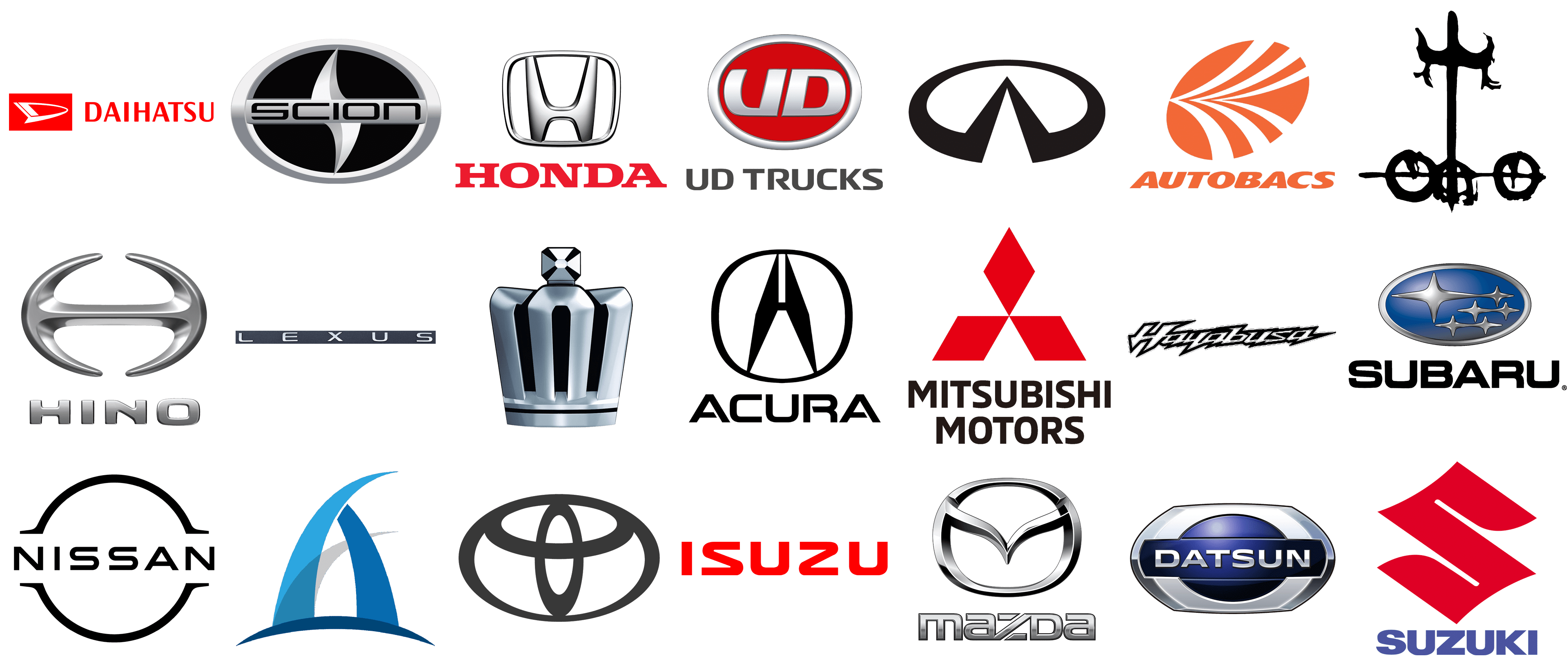Steering One's Destiny: The Requirement of Having a Car
In today's fast-paced world, possessing a vehicle is more than just a convenience; it has become a necessity for many. Whether you're commuting to work, running errands, or embarking on weekend adventures, a car offers the liberty and versatility that public transportation just cannot match. The freedom to travel whenever and wherever you like can significantly enhance your level of life, making everyday tasks easier and providing opportunities for exploration and spontaneity.
Moreover, in urban areas where public transport may not be reliable or thorough, owning a car can conserve considerable time and effort. It allows you to dodge the stress of crowded buses and waiting on train platforms. For families, a vehicle is essential for transporting children to school, extracurricular activities, and family outings. In short, having a car can enable you to take control of your schedule and your life, making it an essential asset in modern society.
Advantages of Automobile Ownership
Having a car offers unmatched convenience for regular commuting and managing errands. used cars eliminates the burden of waiting for mass transit and allows for immediate access to your location. Regardless of whether you have a full work schedule or obligations, a car helps you coordinate your time efficiently, giving you the liberty to travel when you wish to without being reliant on public transportation.

Another significant advantage of having a vehicle is the capability to explore new places. With a car, unplanned road trips and weekend getaways turn into quickly possible. You can visit scenic locations, attend events, or simply relish the open road without worrying about transit schedules or directions. This flexibility fosters a feeling of adventure and allows it possible to find hidden wonders within your area.
Moreover, car ownership often provides a sense security. Having your own vehicle means you regularly have transportation readily available in case of emergencies or circumstances. Whether it's a medical appointment, a work obligation, or a family emergency, the peace of mind that comes from realizing you can get where you want to go swiftly is priceless.
Cost Considerations
Having a vehicle entails multiple expenses that require thoughtful analysis. Beginning costs such as buying the vehicle itself can be substantial. Whether you choose to buy brand new or used, the upfront price can affect your finances. Moreover, funding options like financing agreements or leases can lead to regular payments that must align with your expenses. Comprehending these choices is crucial for making a sound monetary decision.
Continuing costs are a important aspect of car ownership. Elements like fuel, insurance, maintenance, and repairs accumulate as time passes. Fuel prices can fluctuate, affecting your monthly expenses, while insurance rates change based on factors like your driving history and the type of car you own. Standard maintenance, including oil changes and tire rotations, is essential to maintain your automobile in good condition, and surprise repairs can also occur, more stretching your finances.
Despite these financial factors, owning a car can result in long-term savings. Public transportation can become costly in the long run, especially when considering expenses associated with rideshares or taxis for last-minute travel needs. A automobile offers convenience and flexibility, allowing you to escape the expenses related to frequent public transportation, making it a valuable investment for many individuals.
Picking the Ideal Car
Selecting the ideal vehicle is a significant choice that can profoundly affect your daily life. Evaluate your lifestyle and requirements prior to making a choice. If you have a expanding family, a large SUV or minivan may be suitable. On the other hand, if you commute to work every day, a compact car can assist you in saving on gas expenses and be easier to park. Take time to assess your preferences, such as safety, fuel economy, and comfort levels, to find a car that fulfills all your criteria.
Budget is another important aspect when choosing a vehicle. Determine how much you are prepared to spend, including the initial cost, insurance costs, service, and fuel expenses. You might want to explore both new and used options. Though latest cars come with the newest technology and warranties, second-hand cars can be more cost-effective and still dependable. Investigate multiple models and their market prices to make an wise decision that fits your economic condition.
Ultimately, do not neglect the significance of test driving potential vehicles. Going to dealerships and experiencing how a vehicle performs on the road can help you assess if it's the appropriate fit for you. Pay attention to factors like how well you can see, feel, and noise levels while operating the vehicle. This hands-on engagement is crucial in limiting your options and ensuring that you choose a vehicle that will meet your needs for years to come.